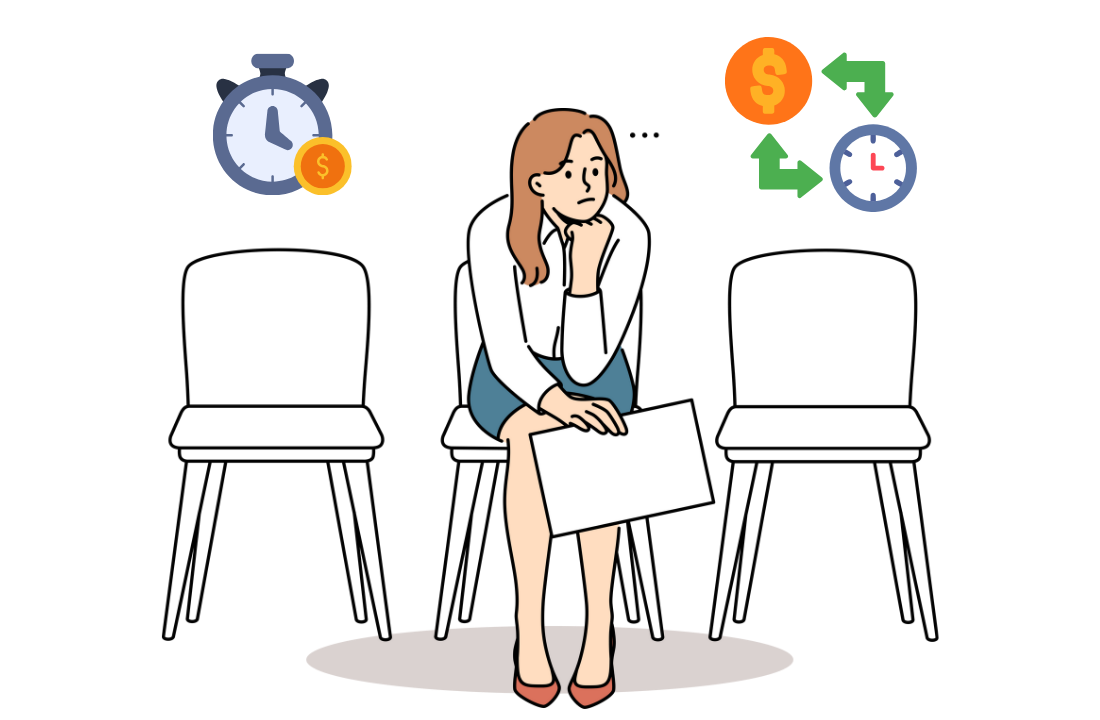- Mr. Jang works as a massage therapist and earns $30 per client. When there are no clients, he remains on the premises at the massage shop but does not receive compensation for the time spent waiting.
- Ms. Ahn works an office job at a logistics company. She typically works eight hours a day at the office and then returns to her dormitory, which is located about ten minutes away. Occasionally, after 6 p.m., the company contacts her about urgent matters, and she returns to the office to handle them. There are times when she misses these calls due to personal activities like eating or exercising, and in those cases, either the employer handles the matter or another employee is contacted instead.
The common question in these cases is whether employees are entitled to compensation for on-call time. The answer depends on the degree of control the employer exercises over the employee during the waiting period.
If the employer requires the employee to respond immediately and prevents them from engaging in personal activities, the employee is considered to be under the employer’s control. In such cases, the waiting time must be treated as hours worked, and the employer must compensate accordingly. On the other hand, if the employee is allowed to engage in personal activities and is not tightly restricted, the waiting time may be considered non-compensable.
Because these distinctions are not always clear, courts consider several factors to determine whether on-call time qualifies as compensable work time:
- Can the employee actually use the on-call time for personal purposes?
- Is the employee required to stay within a certain geographic range during the on-call period?
- How frequently is the employee called to work during on-call time?
- How quickly must the employee respond once contacted?
- Does the employer require the employee to reside at or near the worksite?
- Is the employee allowed to designate someone else to respond on their behalf?
Based on these considerations, Mr. Jang is likely entitled to compensation for his on-call time, while Ms. Ahn may not qualify for compensation. Since it is often difficult to determine whether a particular situation qualifies, the best course of action is to consult a labor law attorney who can provide a precise assessment based on the specific details of your case. We hope this article has been helpful.
JUSTICE FOR WORKERS, P.C. is a law firm dedicated exclusively to representing plaintiffs, that is, workers, in matters related to labor law and workplace injuries. For a free consultation, please contact us at (323) 922-2000. We have offices located in both Los Angeles and Orange County. If we take on your case, you will not be required to pay us anything unless and until we secure compensation on your behalf.




